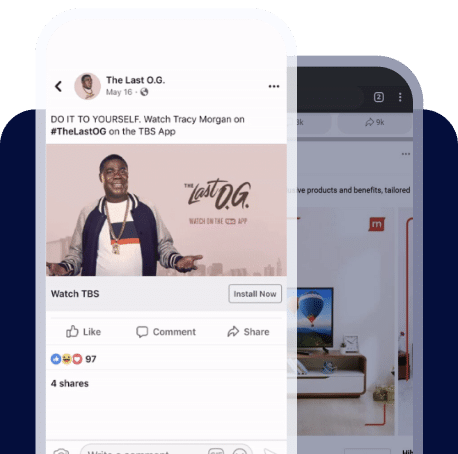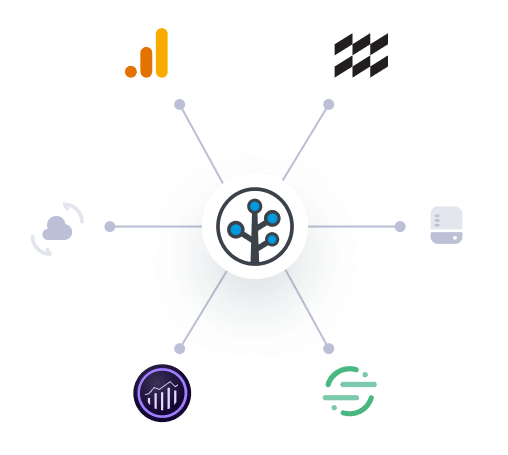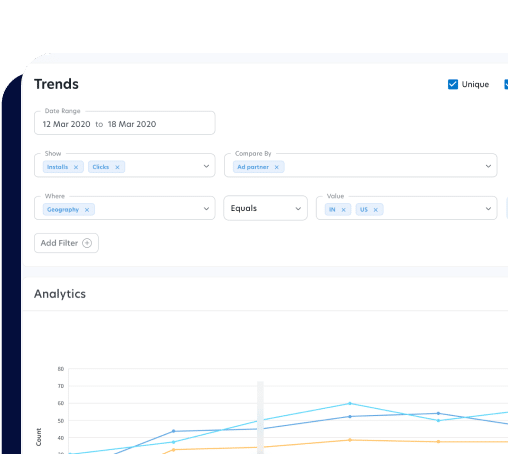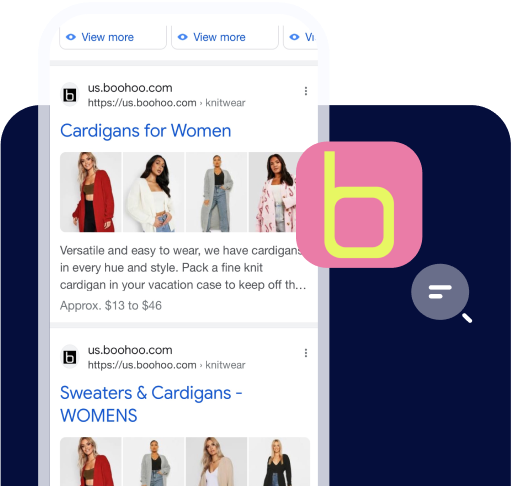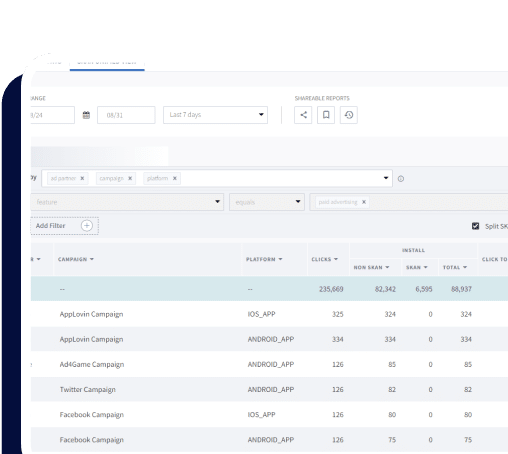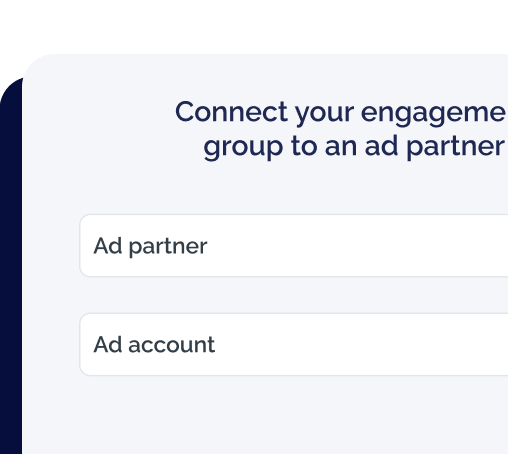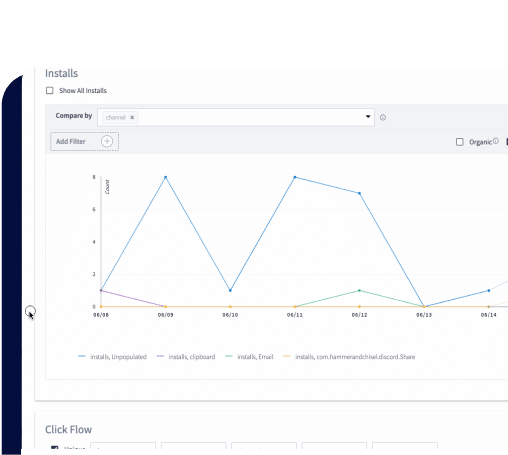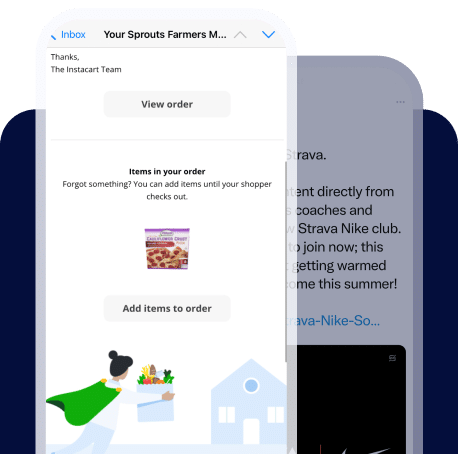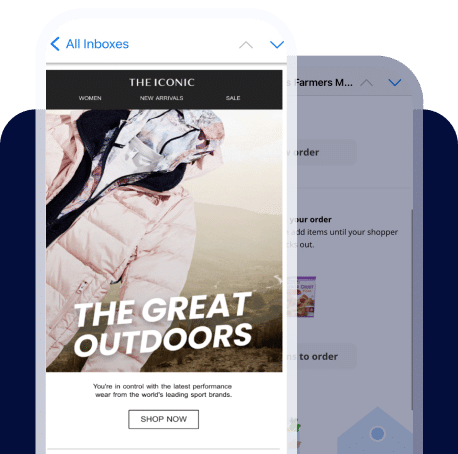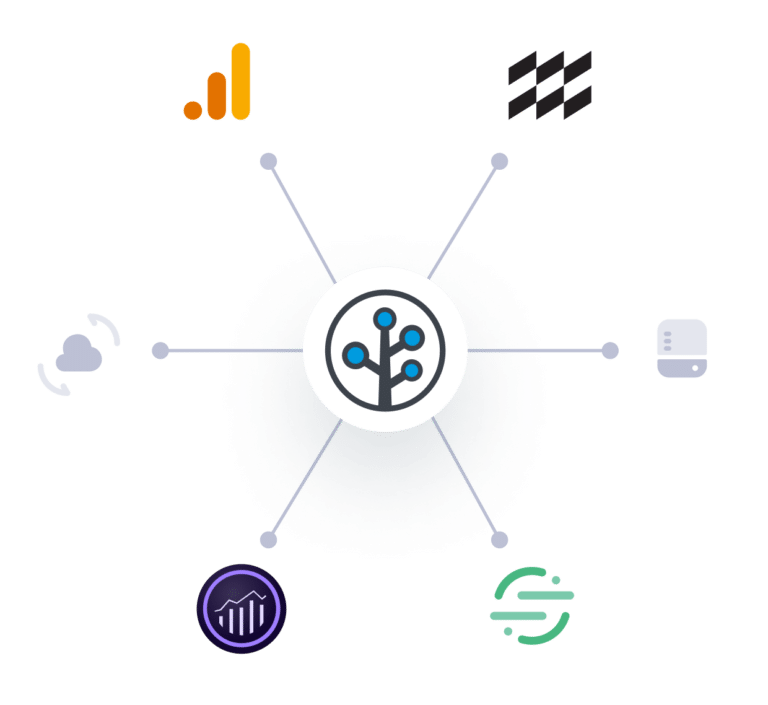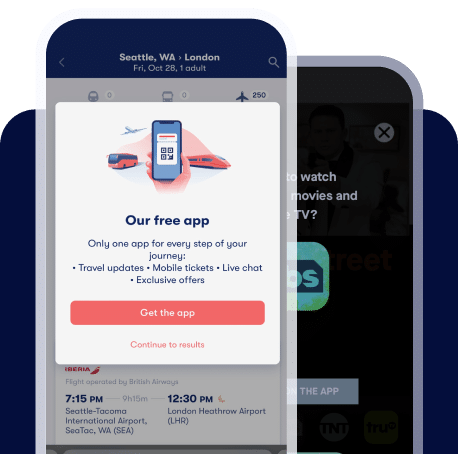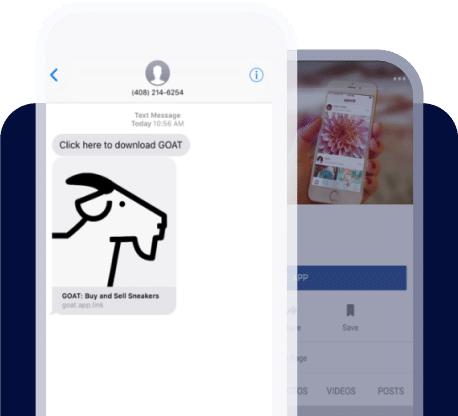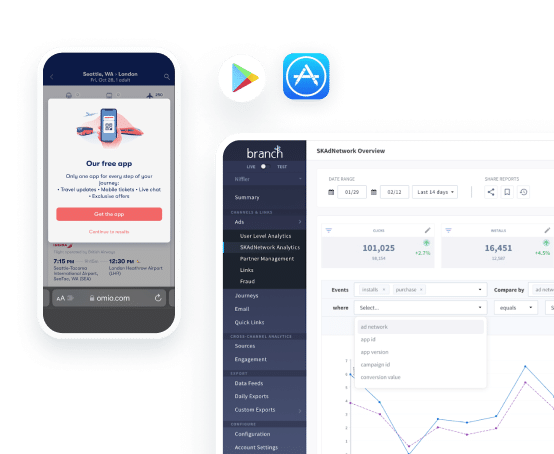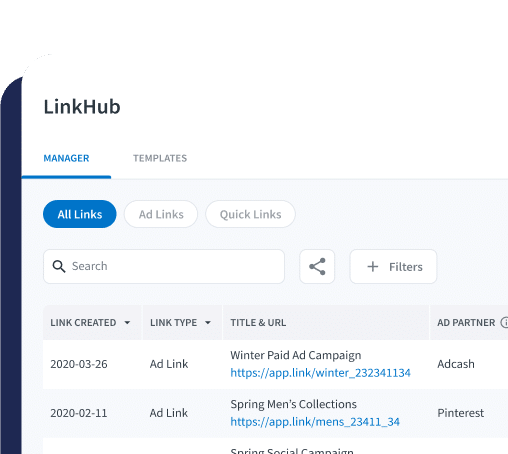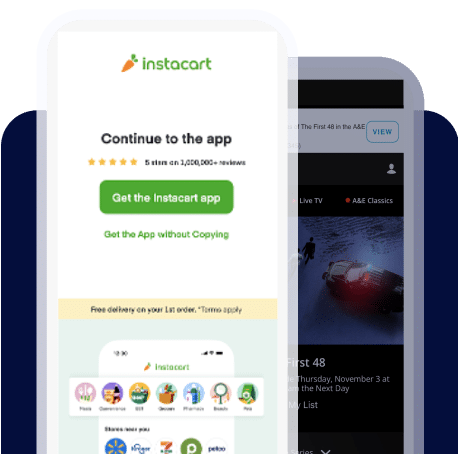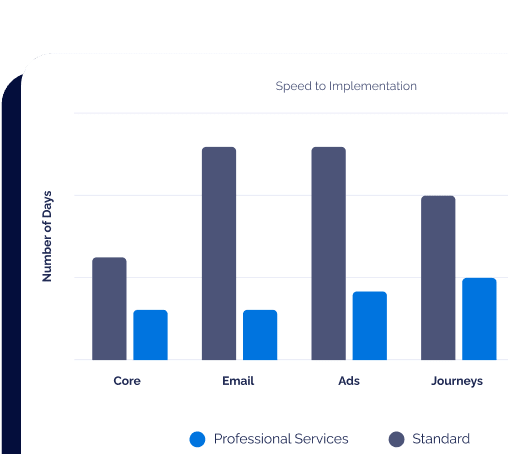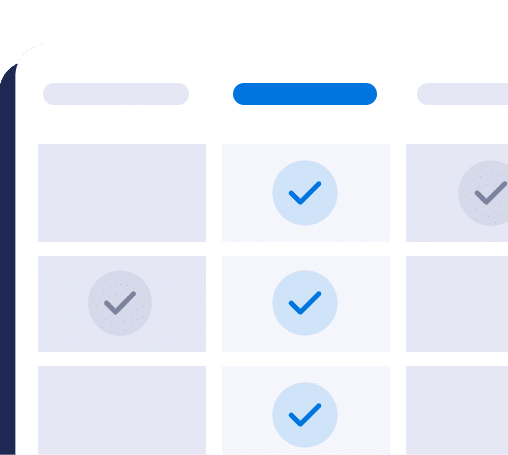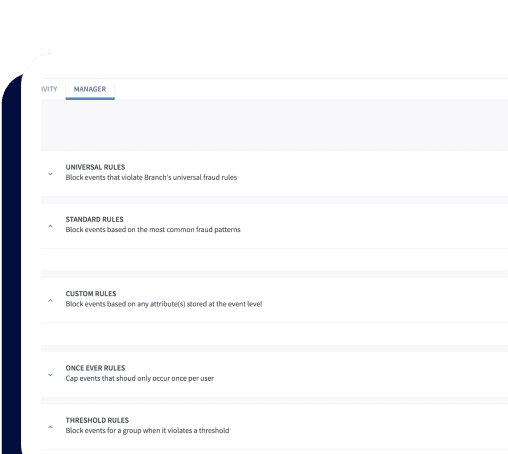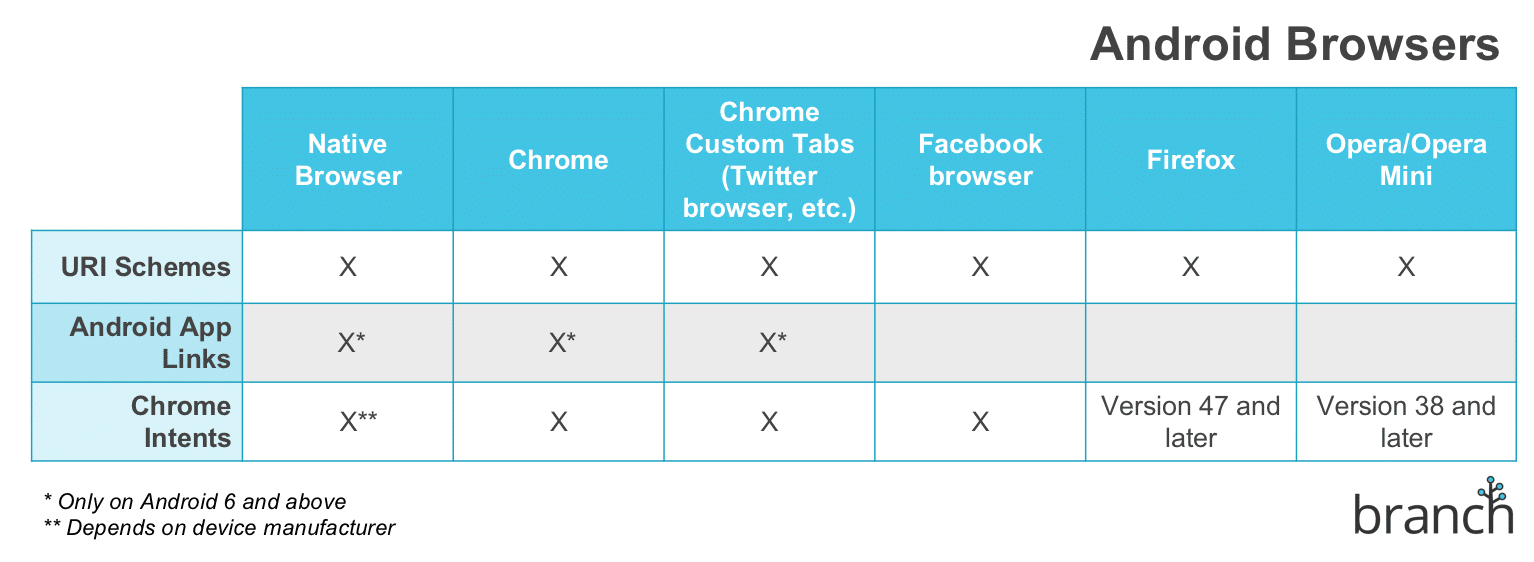What is a browser?
A browser is a software application that allows people to view web pages. It sends requests to web servers and then displays the resulting HTML code. The most common browsers include Google Chrome, Mozilla Firefox, Microsoft Edge, and Apple Safari.
In the context of digital marketing, browsers are generally used to define internet browsers or web browsers, which are effectively the same thing. It is the essential gateway for a user to browse the internet on an iOS, Android, or other device, as long as that device is connected to the internet.
The purpose of having an internet browser (or a web browser) is to convert the code of a website into a format that is readable by humans. A website is written in software code to fit the internet protocol and to optimize the delivery of the website from the server to the client. A web browser takes this code and renders it into formatted text, images, and video content that we are accustomed to seeing when we browse the internet.
There are dozens of web browsers that are available for use today. Each comes with their own strengths and weaknesses. Web developers have to take these differences into account when they are coding and designing new websites, because each and every internet browser renders web pages differently. A website that looks gorgeous on Google Chrome Web Browser can look dreadful on internet Explorer, or vice versa for Firefox and Safari.
In relation to mobile growth, browsers complicate things because unlike the desktop, where users use several established browsers, mobile platforms like Twitter, Facebook, and WeChat have created their own browsers within their apps, to make it harder for brands to create links that allow users to leave their ecosystems. WeChat is known for disabling deep linking in their app, basically making it impossible for brands to link from the WeChat app/browser into their app from the WeChat app/browsers.
Even within each platform, every web browser does things differently. This is important to remember because the majority of links clicks still happen in browsers, and every link routing system relies on browsers for at least some core functionality

